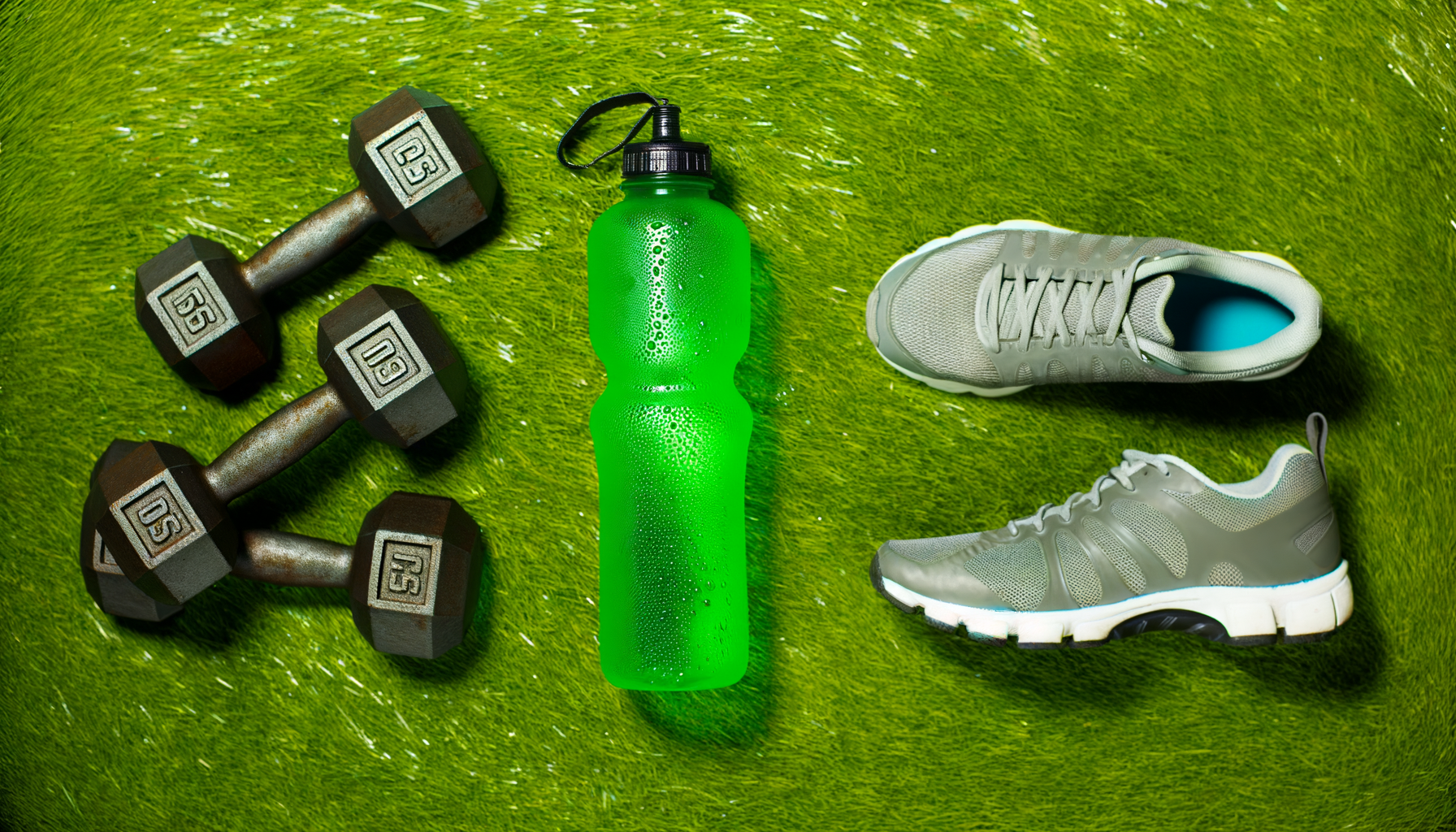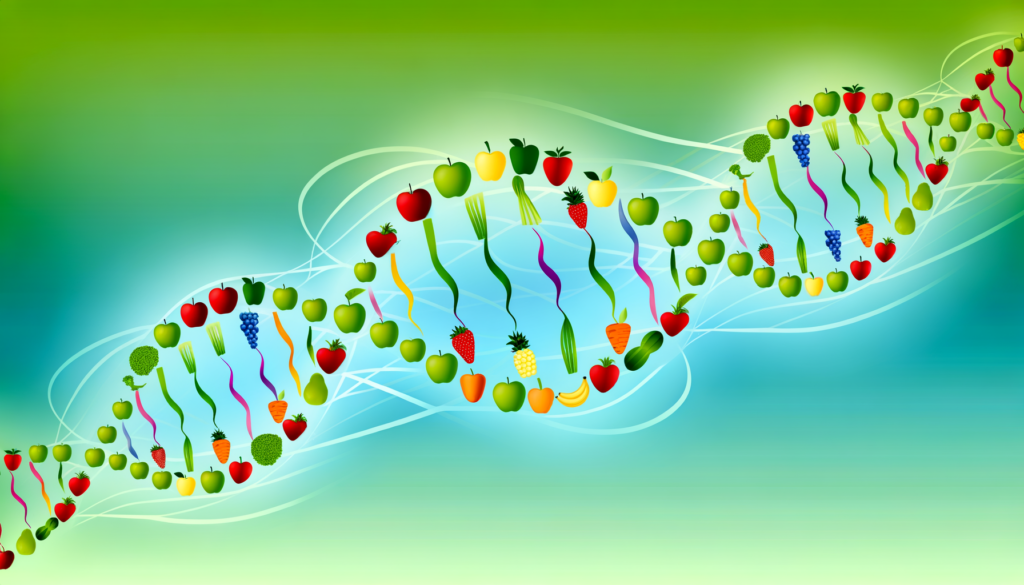Understanding the Critical Role of Hydration in Athletic Performance and Calorie Burn
When it comes to athletic performance and calorie burn, one of the most overlooked yet crucial factors is hydration. Proper hydration is essential for maintaining optimal physical performance, and even mild dehydration can have significant negative effects on both athletic capabilities and metabolic processes.
### The Physiological Impact of Dehydration
Dehydration occurs when the body loses more fluids than it takes in, leading to an imbalance in the body’s water balance. This imbalance can affect various physiological processes, including those related to athletic performance.
Research has shown that dehydration, even at a level of 2% body mass loss, can significantly impair endurance exercise performance. This is due to several physiological changes, such as reduced plasma volume, decreased cardiac output, and increased blood viscosity. These changes reduce the amount of blood returning to the heart, thereby decreasing the cardiac output and the amount of blood pumped during each heartbeat.
### Effects on Athletic Performance
The impact of dehydration on athletic performance is multifaceted and can be seen in various aspects of physical activity.
#### Endurance Performance
Dehydration greater than 2% of body mass leads to significant reductions in endurance exercise performance. This is because dehydration reduces the body’s ability to regulate temperature, leading to increased core temperature and reduced sweat rate. These changes result in decreased heat dissipation and increased glycogen use, contributing to earlier fatigue and reduced performance.
#### Strength and Power
Dehydration also affects strength and power. Studies have shown that hypohydration can attenuate strength by approximately 2%, power by about 3%, and high-intensity endurance by around 10%. This is due to the reduction in total body water, which affects force generation and muscle function.
#### Cognitive and Mental Performance
In addition to physical performance, dehydration can impair cognitive and mental functions. Mild dehydration has been shown to affect mood, cognitive performance, and motor skills, all of which are critical for optimal athletic performance.
### Metabolic Effects of Dehydration
Dehydration not only affects athletic performance but also has significant metabolic implications.
#### Calorie Burn and Metabolism
Proper hydration is essential for maintaining metabolic efficiency. Dehydration can lead to a reduction in metabolic rate, as the body’s ability to burn calories efficiently is compromised. This is because dehydration affects the body’s thermoregulatory mechanisms, leading to increased core temperature and reduced metabolic function.
#### Glycogen Use and Fatigue
Dehydration increases the rate of glycogen breakdown in muscles, leading to an increased level of fatigue. As glycogen is broken down, lactic acid production increases, causing a decrease in pH levels and contributing to skeletal muscle fatigue. This not only affects athletic performance but also prolongs recovery times.
### Real-World Examples and Case Studies
The importance of hydration is evident in various real-world scenarios and case studies.
#### Track and Field Athletes
Track and field athletes, particularly those participating in events requiring repeated bouts of high-intensity efforts, are highly susceptible to dehydration. Sweating rates among these athletes can range from 0.5 to 3.0 L/hr, depending on factors such as body size, exercise intensity, and environmental conditions. Proper hydration strategies are crucial for these athletes to maintain optimal performance and prevent injuries.
#### Endurance Events
In endurance events like marathons, dehydration is a common issue. For example, during the 2009 Dubai marathon, the race winner experienced an estimated sweat rate of 3.6 L/h and ingested only 1.7 L of fluid, resulting in a significant body mass loss of approximately 9.8%. While this level of dehydration did not prevent the athlete from winning, it highlights the challenges of maintaining hydration during prolonged and intense physical activities.
### Implementing Effective Hydration Strategies
Given the critical impact of hydration on athletic performance and calorie burn, it is essential to implement effective hydration strategies.
#### Pre-Exercise Hydration
Athletes should begin training sessions well-hydrated by consuming approximately 500 to 600 ml of water or sports drinks 2 to 3 hours before exercise. An additional 200 to 300 ml should be consumed 10 to 20 minutes before exercise.
#### During Exercise Hydration
Fluid replacement during exercise should aim to match sweat and urine losses. This can be achieved by monitoring urine color, specific gravity, and changes in body mass. Athletes should aim to keep body weight loss to less than 2% during exercise to maintain optimal hydration levels.
#### Post-Exercise Hydration
After exercise, athletes should replenish lost fluids to restore normal muscle function and prevent dehydration. This can be done by consuming water or sports drinks that contain electrolytes to replace lost salts.
### Conclusion and Recommendations
In conclusion, hydration plays a vital role in both athletic performance and metabolic efficiency. Dehydration can lead to significant reductions in endurance and strength, impaired cognitive function, and decreased metabolic rate.
To optimize performance and health, athletes must prioritize hydration. Here are some key recommendations:
– Use tools like the Calorie Calculator Cloud to understand your calorie needs and balance.
– Implement a hydration plan that includes pre-exercise, during-exercise, and post-exercise hydration strategies.
– Monitor hydration status through urine color, specific gravity, and body mass changes.
– Consume adequate fluids before, during, and after exercise to maintain optimal hydration levels.
By focusing on proper hydration, athletes can enhance their performance, reduce the risk of injuries, and maintain optimal metabolic function.
For more detailed information on how to integrate hydration strategies into your training regimen, consider exploring resources from reputable organizations such as the Gatorade Sports Science Institute and the National Athletic Trainers’ Association.
Additionally, understanding your individual calorie and hydration needs can be facilitated through tools like the Calorie Calculator Plans, which provide personalized recommendations based on your specific requirements.
By prioritizing hydration and using the right tools and resources, you can optimize your athletic performance and overall health.








